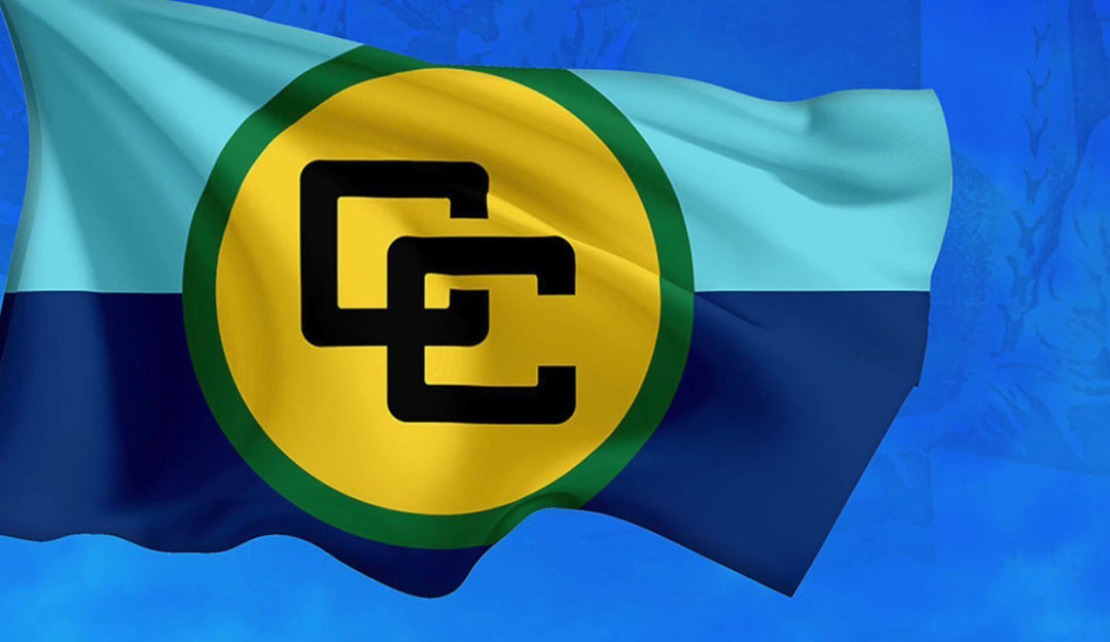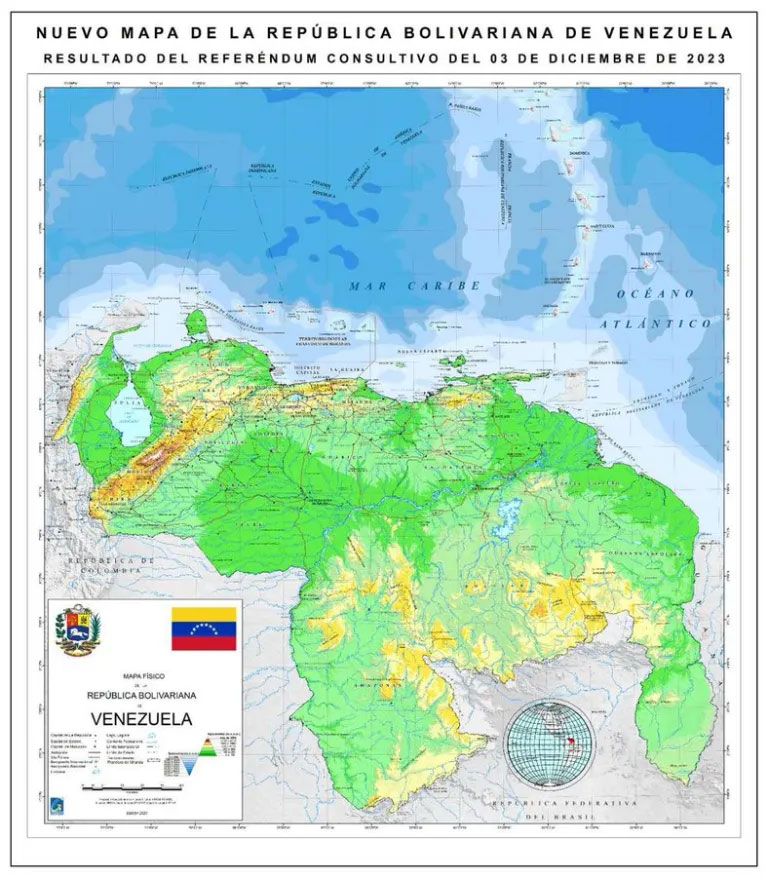CARICOM Heads Reiterate Their Support for Guyana

GEORGETOWN, Guyana, December 8, 2023 - CARICOM Heads of Government have reiterated their support for Guyana in pursuance of the resolution of its border controversy with Venezuela through the process of the ICJ.
The CARICOM Heads of Government met in caucus today to discuss the situation with regard to the Venezuela Guyana border controversy following which, they issued this statement:
CARICOM Heads of Government Statement on the Guyana-Venezuela Border Controversy
CARICOM firmly supports Guyana in pursuance of the resolution of its border controversy with Venezuela through the process of the ICJ.
Further, CARICOM urges Venezuela to respect the conservatory measures determined by the ICJ in its recent ruling until a final resolution.
CARICOM reiterates its commitment to the Caribbean as a Zone of Peace and the maintenance of international law.
Accordingly, CARICOM calls for a de-escalation of the conflict and for appropriate dialogue between the leaders of Venezuela and Guyana to ensure peaceful coexistence, the application and respect for international law and the avoidance of the use or threats of force.
In 1899, an arbitration ruling stated that the area in dispute, the Essequibo Region, belonged to Guyana, however, Venezuela has claimed that the process was fraudulent, rendering the ruling invalid.
Venezuelan President, Nicolás Maduro, on Tuesday (Dec.6), gave a directive for the country’s State-owned companies to begin to exploit the mineral and oil rich Essequibo region.
This followed his victory in a weekend referendum, on whether Venezuela should claim jurisdiction the Essequibo Region which currently make up two-thirds of the nation of Guyana.
Guyana sought protection and that’s where the Court ruled Friday that the Essequibo has been recognised as Guyanese territory and has been governed by Guyana since the 1899 award and Venezuela should refrain from interrupting Guyanese sovereignty of the territory.
Venezuela still went ahead with its referendum although there are regional and international reports that there was low voter turnout.
Venezuela’s commitment to pursue the territorial claim has fluctuated over the years. Its interest piqued again in 2015 when ExxonMobil announced it had found oil in commercial quantities off the Essequibo coast.
Guyana has denounced Venezuela’s actions and Sunday’s referendum as pretext to annex the land.
It had appealed to the International Court of Justice, the United Nations’ top court, which on Friday ordered Venezuela not to take any action to change the status quo until the panel can rule on the two countries’ competing claims, which could take years.
On Tuesday, Maduro produced a redrawn map of Venezuela that now includes the Essequibo region. He also ordered the creation of new entities to grant licences for oil, gas and mines exploration in the Essequibo region; he proposed the creation of a new law to establish new environmentally protected areas that could be centres for tourism and biodiversity.

